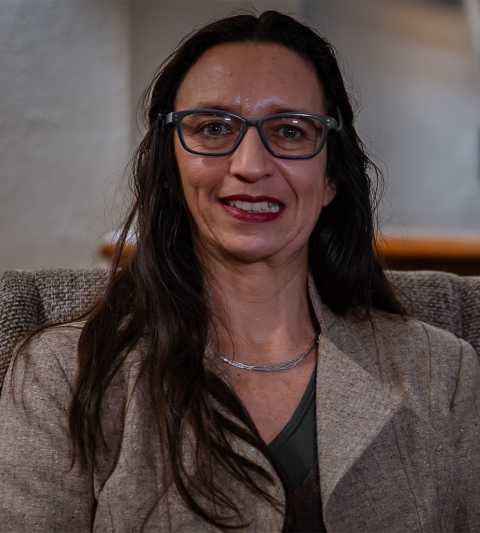
The Fundamentals of the Opportunity Finance Industry course is designed for practitioners who are interested in expanding their knowledge of the basics of the opportunity finance industry, which provides financing and financial services to low-income, low-wealth, and other disadvantaged people and communities. This course is jointly offered by the Center for Impact Finance at the Carsey School of Public Policy and the Opportunity Finance Network.
The course will continue as a virtual offering. The team has developed course materials and virtual training that will continue to meet the needs of those in the field of opportunity finance aiming to expand their knowledge of the industry. Those on the waitlist from the last session and everyone who is signed up for our notifications will be contacted with more details and will be given priority registration. Thank you!
*Due to the high demand for course enrollment, the course will be focused on CDFI institutions. Limited non-CDFI institution spaces will be available in each cohort. Please join the waitlist if the course is full and you will be given priority registration for the next session.
Program Details
2026
- May 2026
- Three consecutive Thursdays (5/7, 5/14, 5/21)
- 1–2:30 PM ET
- Total course hours: 10 hours (consists of a 90-minute Zoom class on Mondays and another 1–2 hours of outside class work before each virtual session)
- November 2026
- Three consecutive Thursdays (11/5, 11/12, 11/19)
- 1–2:30 PM ET
- Total course hours: 10 hours (consists of a 90-minute Zoom class on Mondays and another 1–2 hours of outside class work before each virtual session)
Participants who will benefit from attending this course are new or recent entrants into the field of opportunity finance who want to expand their knowledge of the fundamentals of the industry.
- Professionals changing careers
- Current employees of—focused on those who entered the field within the past three years
- CDFI investors and funders, including banks and foundations
- Government employees involved in community and economic development
*Due to the high demand for course enrollment, the course will be focused on CDFI institutions. Limited non-CDFI institution spaces will be available.
"In a very short timeframe, the course presented valuable information about the background and environment of the industry with surprisingly detailed financial analyses and spot-on case studies. A great course!"
"I am much more prepared and capable now to participate in the development of our new loan fund!"
"As a newcomer to the CDFI industry, this course provided a great opportunity to enrich my on-the-job experience. The speakers were passionate and highly effective. Learning about Self-Help and other leaders in the industry was a great experience. And the site visit tour was great!"
"The peer learning opportunities are exceptional! My vision on capitalization and operating models has been vastly broadened. And it was great to have this training on Self-Help's campus—what a great industry leader!!"




